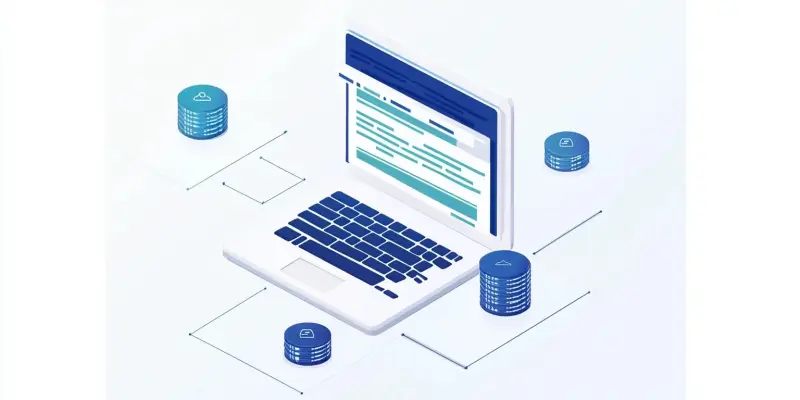A significant move is underway in the technology sector, with five leading companies – Cisco, IBM, Intel, Microsoft, and Red Hat – coming together to address the critical need for standardizing data provenance protocols. This collaborative effort is being spearheaded through the sponsorship of the OASIS Data Provenance Standards Technical Committee, facilitated by the nonprofit organization OASIS Open. The committee’s primary focus is to refine and promote data provenance standards developed by the Data and Trust Alliance (D&TA), aiming to enhance data quality and governance across various industries.
The Urgency of Standardizing Data Provenance
In today’s rapidly evolving world of Artificial Intelligence (AI), the consumption of data is occurring at an unprecedented rate. This explosion of data has highlighted significant challenges that revolve around privacy, compliance, and integration. With AI-driven applications consuming vast amounts of data, the need for standardized data provenance protocols has become more critical than ever. Standardizing these protocols ensures that the data used in AI applications is transparent, of high quality, and reliable, addressing a fundamental concern in the tech industry.
Kristina Podnar, who serves as the Senior Policy Director at D&TA, has pointed out that while the concept of data governance is not new, the collective effort by leading businesses to establish standardized practices represents a major leap forward. The move towards a unified data provenance standard is seen as key to mitigating the risks associated with the rapid consumption of data in AI applications. This initiative is expected to bring a new level of visibility and transparency to how business data is governed, ultimately fostering greater trust and reliability.
Collaborative Efforts and Initial Framework
The OASIS Data Provenance Standards Technical Committee is building upon an initial framework established with the release of version 1.0.0 of the standards in July 2024. Endorsed by 19 D&TA affiliates, including industry giants like American Express and Walmart, this foundational work provides a common metadata classification system. Such a system will enable organizations to validate the quality and reliability of the datasets they use, benefiting both conventional analytics and cutting-edge AI business applications.
The collaborative nature of this effort is underscored by the involvement of leading technology vendors who bring their combined resources and expertise to bear on this critical issue. By working together, these companies aim to establish a unified approach to data provenance and safety, which will be instrumental in enhancing data governance practices across various industries. This concerted effort will not only set new benchmarks for quality but also streamline processes and protocols related to data handling.
Tackling Regulatory Challenges
The initiative to standardize data provenance is also a forward-thinking response to an unsettled regulatory environment. Despite ongoing advocacy by policy experts for stronger regulations surrounding AI data, comprehensive governmental intervention remains a distant prospect. This has created an urgent need for industry-led benchmarks that provide trusted and standardized definitions for third-party data sources, filling the existing regulatory gaps.
The proposed framework aims to set clear and standardized definitions for critical elements of AI, a move that will help mitigate the various risks associated with data usage. These risks include copyright infringement and privacy concerns, which can have far-reaching implications for the technology’s business value and societal acceptance. Establishing these standards independently of governmental mandates demonstrates a proactive approach by the tech industry to ensure responsible and compliant adoption of AI technologies.
Demonstrating Practical Applicability
A major initiative in the technology sector is taking shape, with five leading companies—Cisco, IBM, Intel, Microsoft, and Red Hat—collaborating to address the pressing need for standardized data provenance protocols. This joint effort is supported by the OASIS Data Provenance Standards Technical Committee and is facilitated by the nonprofit organization OASIS Open. The committee’s main objective is to refine and advocate for data provenance standards developed by the Data and Trust Alliance (D&TA). These standards are aimed at enhancing data quality and governance across a broad range of industries. By championing these standardized protocols, the involved companies aim to ensure data integrity, traceability, and reliability. Such standardized practices are crucial for fostering trust and accountability in data management, ultimately benefiting sectors that rely heavily on accurate and secure data. This collaborative endeavor underlines the importance of joint efforts in elevating data practices industry-wide.

